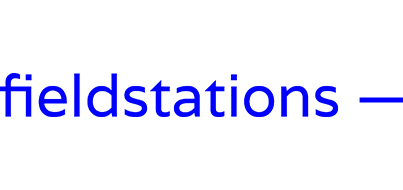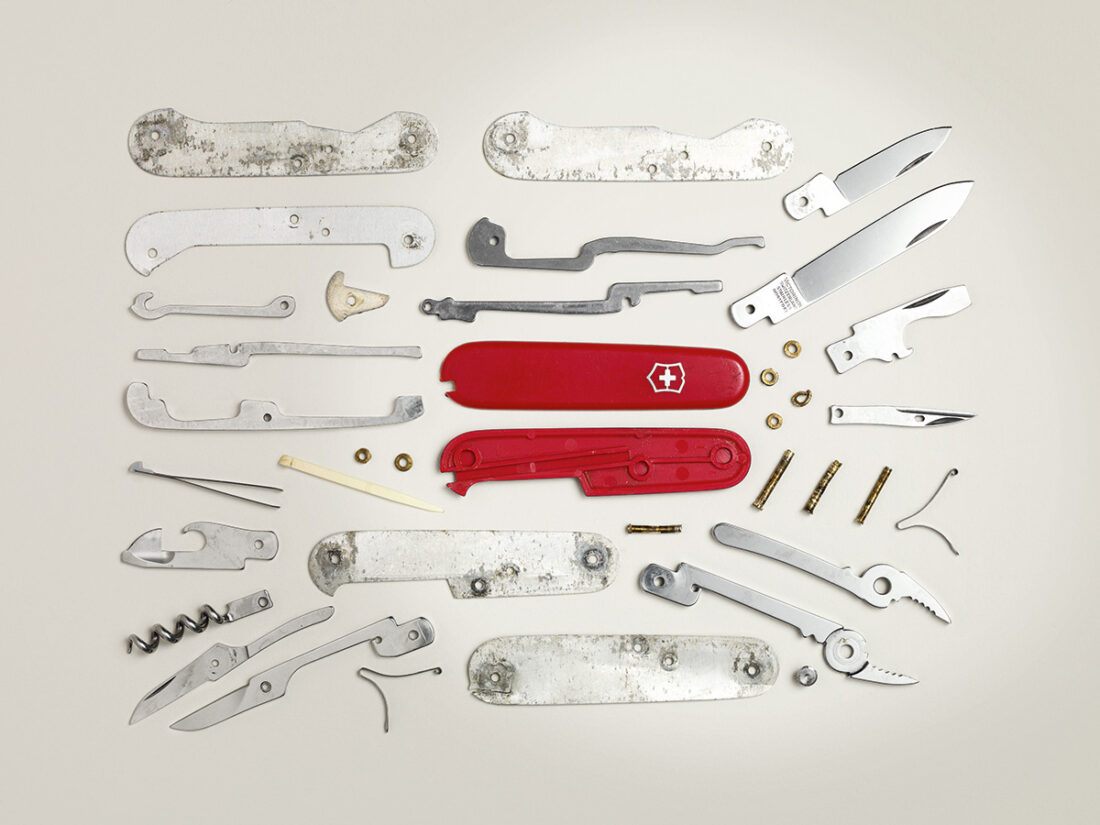If this(), then(keepHouse);
HGK FHNW | Field Station Basel
Workshop 03-06.04.2018
Matthias Böttger, Christophe Barlieb, Corneel Cannearts
HyperWerk Basel — we keep house >> solve / produce – workshop – 03-06.04.2018
Fieldstations e.V. fieldagents Corneel Cannaerts, Christophe Barlieb and Matthias Böttger propose a journey into the Anthropocene’s spatial constellation known as the Technosphere.
The premise is — we have nothing to hide — and explores spatial sensing via crowdsourcing toolkits and conditional statements to shape new landscapes.
private void weKeepHouse() {
SensorData condition;
condition = SensorData.getData();
if (condition = true) {
keepHouse();
} else {
dont();
}
}Workshop participants will surrender their privacy to share narratives and things with the “World”. These are tracked over the course of a seventy two hours (72hrs) journey shared via online feeds using IFTTT service to manage conditions and push data.
We propose exploring these elements of the Anthropocene within the local field of Basel. Basel is a unique socio-economic node bridging the Rhine. No other metropole along the river straddles the vast Rhine valley within confined international boundaries. To the North and South of the city, the Rhine defines territorial edges. How do these spatial conditions influence our senses? Can we produce narrative and things to visualize these conditions? Can mass media technologies help us address these questions?
Participants should expect to submerge themselves into a 72Hrs journey within the aforementioned context. Over the course of the weeks leading up to the workshop we will develop a fieldguide to help participants prepare fieldkit to bring for the journey.
Schedule:
03.04.: 09h-12h Introduction “if this(), then (keepHouse);”
03.04.: 14h-17h Timeline-Countdown starts, Core-Workshoptime
04.04.: 09h-17h Core-Workshoptime
04.04.: 20h-22h Assembly Fieldstation-Basel (tbc)
05.04.: 09h-17h Core-Workshoptime
06.04.: 09h-14h Core-Workshoptime
Corneel Cannaerts is an architect and researcher, interested in the impact of technology on the culture and practice of architecture. He is a post-doctoral researcher and lecturer at the Faculty of Architecture of the KU Leuven. He has obtained a PhD in Architecture from SIAL/RMIT University Melbourne. He has initiated MMlab, a digital fabrication laboratory and is a member of Fieldstations e.V., and operates Field Station Ghent, exploring models for architecture in relation to the anthropocene and the technosphere.
Christophe Barlieb is an architect specialized in architectural design media theory and practice. He currently leads the Applied Robotics in Architecture R&D unit at werk5 GmbH in Berlin. He presides Fieldstations e.V., a charitable active platform for global citizens interested in social and environmental questions concerning the Anthropocene.
Matthias Böttger is an architect, curator and head of HyperWerk in Basel. He is on the board of Fieldstations e.V.
featured image – © Todd McLellan




